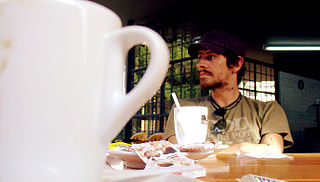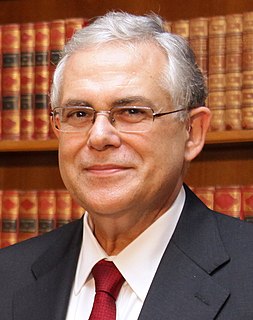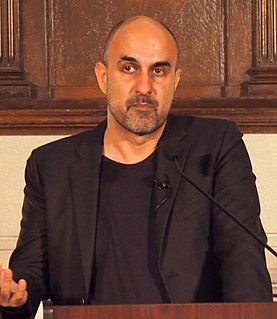A Quote by Rebecca Serle
Shakespeare is so fundamental to the way we see story. A tremendous amount of narratives come from him - more than many authors are aware, I think.
Quote Topics
Related Quotes
I think I see a tremendous amount of waste. I see a tremendous amount of job opportunities that have been let go for many years, and I'm not just talking about President Obama. I'm talking about for many, many years. And I was a big, big fan of Ronald Reagan, but I was a never big fan on trade with respect to Ronald Reagan.
I think most presidents are amazed at the overwhelming responsibility they have when they enter office and the tremendous amount of work there is. See, a modern president has far more responsibility than a president years ago. And if I were rewriting the Constitution, I would suggest a president be more like a monarch and then have a prime minister under him.
There are many readers of the book, who don't know anything about the authors and the artists. There is more than one author. It doesn't matter, if you can't make the reader dive into the story and surround him with that environment and those characters. That's an experience that lasts longer than figuring out who did what. I think that's what makes our working relationship better, it helps us to make a book that feels unique and not like different voices.
There is no single test or formula for producing moral progress anymore than there is for generating scientific truths. It is a process involving theoreticians, fact-gatherers, protestors, martyrs for the cause, authors of first- person narratives who change the way we see and evaluate the distribution of harms and benefits.
I think that when I was in my 20s, I wanted to go after dramatic roles, and I didn't have a tremendous amount of success with that. I kind of backed my way into comedic parts. When you're young, you kind of take yourself seriously, and you think, like, 'People need to see what I can do.' And it's so laughable, especially with actors.
Once you understand that Goliath is much weaker than you think he is, and David has superior technology, then you say: why do we tell the story the way we do? It becomes, actually, a far more meaningful and important story in its retelling than in the kind of unsophisticated way we've done it for, I think, too long.






































